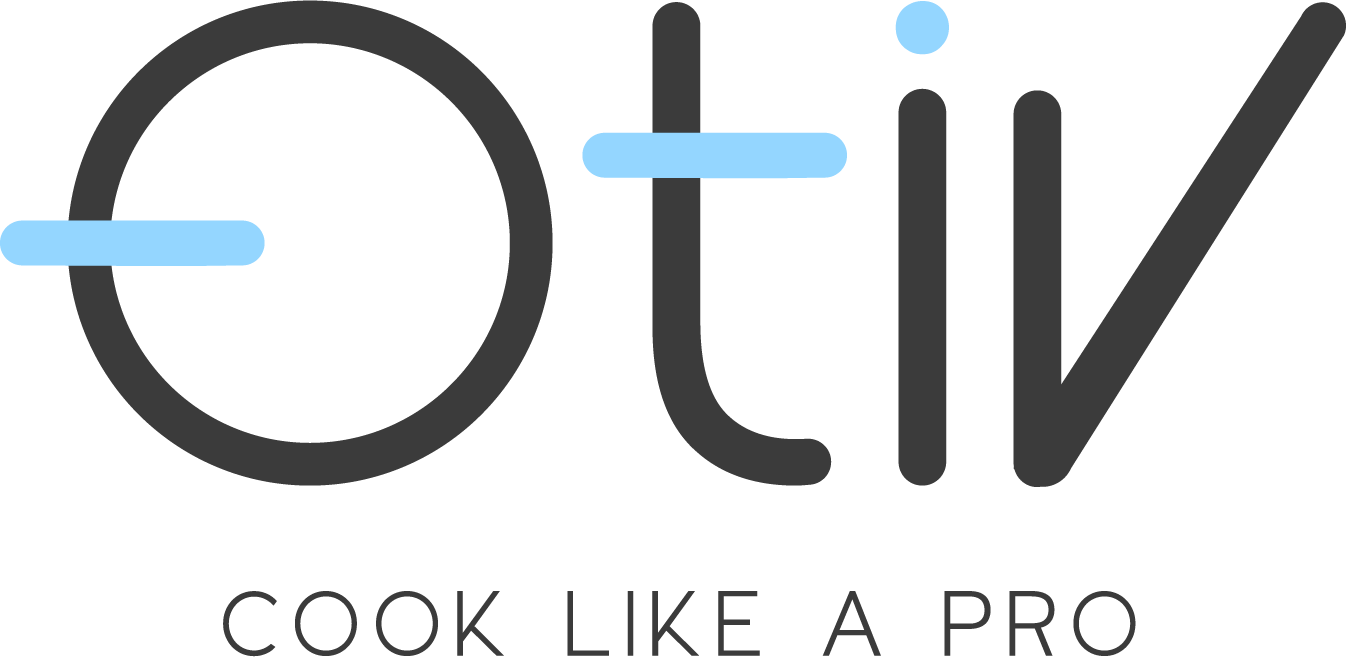Introduction
Is your tap water really safe to drink? In Lebanon, water quality varies significantly from region to region — and even household to household. Contamination from pipes, tanks, and infrastructure can make your water look clean but still contain harmful particles. This is where a water quality tester in Lebanon becomes essential. These compact smart tools let you test drinking water at home in seconds, giving you peace of mind for yourself and your family. In this guide, we’ll break down how water testers work, why you need one, and how to choose the right device for your home.
Why Water Quality Matters in Lebanon
Lebanon faces water challenges due to aging infrastructure, limited municipal monitoring, and tank-based systems. This means your water could be affected by:
-
Rust from old pipes
-
Microbial growth in rooftop tanks
-
Industrial or chemical pollutants
-
Mineral buildup affecting water hardness
Even if your water looks clear, it may still contain dissolved solids that impact taste and safety.
What Is a Water Quality Tester?
A water quality tester (often called a TDS meter or digital water tester) is a compact device that measures the Total Dissolved Solids (TDS) in water. These solids can include minerals, salts, and metals — all of which can influence how clean or safe your water really is.
What Does TDS Mean?
-
TDS = Total Dissolved Solids (measured in ppm – parts per million)
-
The lower the TDS, the purer the water
| TDS Reading | Water Quality |
|---|---|
| 0–50 ppm | Excellent (RO water) |
| 50–150 ppm | Good (tap water) |
| 150–300 ppm | Fair (harder water) |
| 300+ ppm | Unsafe or needs treatment |
By using a smart water tester in Lebanon, you’ll know immediately if your water is safe or if it needs filtration.
Benefits of Using a Water Quality Tester at Home
1. Instant Peace of Mind
Get results in seconds and know whether your family is drinking safe, clean water.
2. Detect Contamination Early
A spike in TDS levels can alert you to a change in water source, pipe damage, or microbial buildup.
3. Optimize Water Filtration Systems
Track when your filters need changing — no more guessing.
4. Check Water from Any Source
Whether it’s from tanks, wells, bottled water, or the municipal supply — test it all instantly.
5. Affordable & Reusable
Most water testing devices are inexpensive and last for years with proper use.
How to Use a Water Quality Tester: Step-by-Step
Using a water quality tester in Lebanon is extremely easy. Here’s how:
Step 1: Turn on the Device
Power up your TDS meter or smart tester.
Step 2: Dip the Sensor in Water
Submerge the sensor into a cup of water without touching the bottom or sides.
Step 3: Wait for Reading
Hold steady for a few seconds until the screen locks the result.
Step 4: Compare the TDS Level
Use the chart above to determine if the result is good, fair, or unsafe.
Step 5: Clean and Store
Dry the tester and store it in a cool, dry place for next use.
What Makes a Good Water Quality Tester?
When shopping for a digital water tester, consider these features:
-
Accuracy (±2% or better)
-
Backlit digital screen for easy reading
-
Auto shutoff to preserve battery life
-
Portable design for home and travel
-
Bonus: Some include temperature readings too
OTIV offers premium-quality testers built for Lebanese households, ensuring reliable results every time.
Who Should Use a Water Quality Tester?
Water testers aren’t just for science geeks — they’re essential for:
-
Families with kids – Ensure your child’s water is safe
-
Homeowners with water tanks – Monitor tank hygiene
-
Apartment dwellers – Check municipal water purity
-
Health-conscious cooks – Use clean water for food prep
-
Tea & coffee lovers – Hard water can ruin flavor
-
Filtered water users – Know when to replace your filter
If you care about what goes into your body, a water tester belongs in your kitchen next to your other smart kitchen devices.
Common Myths About Water Quality in Lebanon
“If it looks clear, it must be clean.”
False. Many pollutants like lead or nitrates are invisible and tasteless.
“Boiling water removes everything.”
Boiling kills bacteria but doesn’t remove heavy metals or TDS.
“Bottled water is always better.”
Not necessarily. Some bottled water in Lebanon can have TDS levels above safe thresholds. Always check water purity with a tester.
FAQ: Water Quality Tester Lebanon
Do I need a water quality tester in Lebanon if I already filter my water?
Yes. Filters wear out over time. A tester confirms your filtration system is still working properly.
How often should I test my water at home?
Once a week is ideal, especially if you use a tank or switch water sources frequently.
Is a water tester difficult to use?
Not at all. These devices are plug-and-play — just dip and read. OTIV’s water testers are beginner-friendly and come with easy instructions.
Conclusion
Safe drinking water should never be a luxury. With a water quality tester in Lebanon, you’ll always know exactly what’s in your glass — and whether it’s time to take action. These compact tools offer priceless peace of mind, especially in a country where water quality can fluctuate from day to day.
🔥 Ready to Take Control of Your Water?
Check your water with confidence using OTIV’s trusted water quality tester in Lebanon.
👉 Order now and get 10% OFF — your family’s health starts with clean water.








